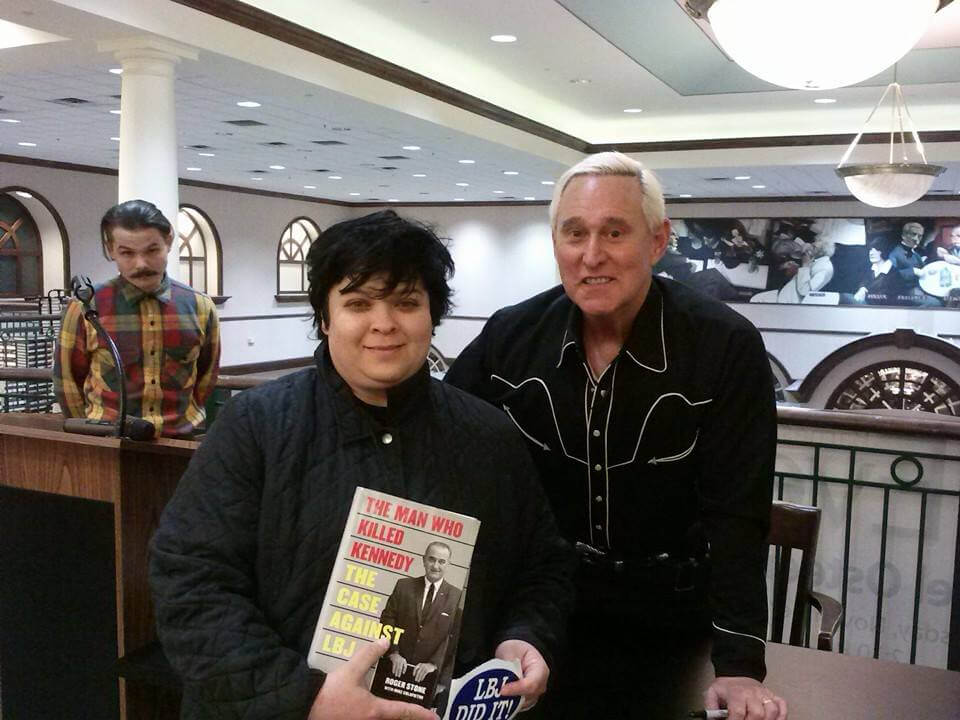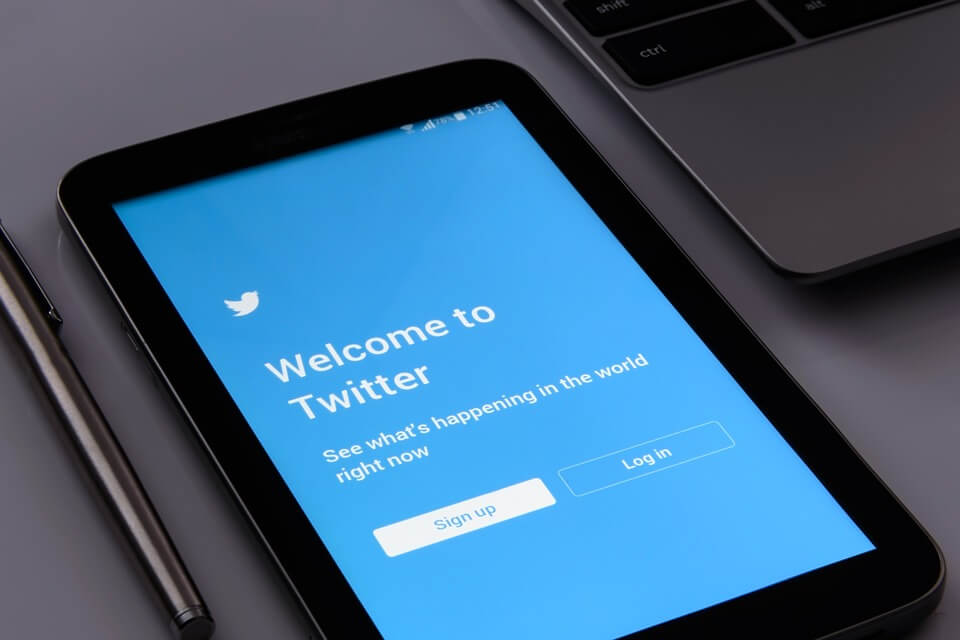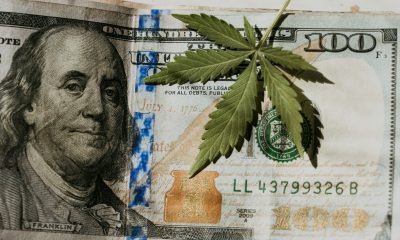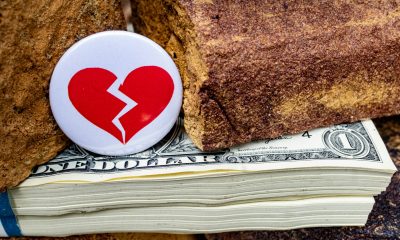Business
What the Twitter ban of Roger Stone may mean for journalists and politicians on social media
Roger Stone launched a barrage of abusive verbal attacks against members of the media via Twitter.

Twitter has banned a few hostile famous personalities before for posting incendiary tweets on their social media accounts, but Roger Stone, the one facing their latest suspension, is not going down without a violent and loud fight.
The outcome of this battle that is now being watched by influencers, users, and social media owners everywhere can very well have a long-lasting impact on how famous personalities like Stone will be allowed to use social media in the future. The situation also asks a lot of questions that may not be resolved overnight. For example, no matter how bigoted or offensive the post may be, does not suspending the owner’s account itself smack of bigotry or discrimination? Does it not upset or violate the sacred rules of free speech, which is one of the sacred pillars of a democracy?
But on the other hand, should not one expect—if not demand—a great sense of responsibility or accountability from those same social media account owners whose tweets and posts influence the thoughts and behaviors of their thousands of followers? If something untoward or adverse happens in real life because of what they posted, should they not be held responsible in some way?
Twitter in the middle
Twitter, which is caught in the maelstrom of this current controversy, has a way out: it is a private company and not a government one. As such, it can determine its own rules and policies, and any member who signs up is obligated to follow them. That’s what the terms and conditions are for.
The storm started on October 27 when Roger Stone, a “die-hard supporter” of U.S. President Donald Trump, went on the attack against certain journalists who had been steady in criticizing the latter. While arguments and even personal diatribes are not unusual on Twitter, Stone crossed the line in his offensive against prominent reporters Charles Blow of The New York Times, Don Lemon of CNN, and Jake Tapper of ABC News. As Gizmodo reports it, no uncertain terms, Stone tweeted that they were pieces of excrements and took great pleasure in drinking from the male genitalia.
In its own report, Endgadget says that Stone, a former adviser of Trump, did not just issue insults, but he came close to inviting threats against the journalists. He called for a public humiliation and mockery of Lemon while crying that Tapper should undergo ‘severe’ punishment.
Twitter suspended Stone’s account not long after. It appears to be a permanent ban, although Stone at the outset said that it was temporary. When the truth soon sank in, Stone went on another attack and said he is considering legal action against Twitter.
Legal protection
The threat is empty and may soon fizzle out. According to law, Twitter has every right to suspend any member who disobeys its policies. Recode says that the social networking website has been very aggressive in curtailing abusive behavior recently, with the rate of the number of suspensions up by as much as 10 percent compared to last year. Suspensions in the past four months also doubled compared to those in the previous four months.

Roger Stone’s Twitter account has been what appears to be a permanent ban due to insults and threats to journalists. (Source)
Twitter might just be displaying incredible foresight, given recent developments that governments are calling the social media network sites themselves into account for what their members post. As a matter of rule, Twitter, Facebook, and their ilk cannot be punished or held liable for any negative, adverse, discriminatory, and violent posts and images that their members post on their feeds.
However, as the Telegraph reports, this may be changing, with governments like that in Great Britain deploying a “crackdown.” a change in law can compel social media site owners to be held liable for what is published on their platform. This development is due to increasing public alarm about posts and images blatantly advocating terrorism, child pornography, racism, and sexism.
Social media influence
A public that is concerned about how a famous person’s tweets, rants, and raves can translate into real life—and cause their followers to do harmful acts to others—is another factor that is keeping Twitter in check. Journalists, political leaders, and other influencers create an impact, positive and/or negative, on their online communities. In another high-profile suspension, as reported by The Verge, the accounts of Martin Shkreli and ex-Breitbart editor Milo Yiannapoulos were suspended for tweeting hate messages that could allegedly instigate attacks of violence.
At the same time, the incident has also prompted a debate as to whether actual suspension violates a user’s free speech, regardless of the legal protection that Twitter can lay claim to. Stone himself is resorting to this strategy to win his legal battle—and he is currying support from many voices who want free speech protected, despite the risks of encouraging invectives, curses, and slanders. Stone has argued back that Twitter has not been enforcing the same policy on other users, e.g. those who have threatened violence on him and his family in the past.
Polizette chronicles other criticisms saying that the social media site has double standards; Huffington Post columnist Yashar Ali and Wikileaks founder Julian Assange contend that tweeted threats of assassination against them are left unchecked or ignored by Twitter.
Consistency can be an ally in Twitter in turning the tide. Stone’s campaign against it will not be going away anytime soon. But as the dust clears, perhaps the lines will be clearer as to where free speech ends and social responsibility—from all players—begins.
(Featured image by Lizzie Ochoa via Wikimedia Commons. CC BY-SA 2.0)

-

 Africa1 week ago
Africa1 week agoAgadir Allocates Budget Surplus to Urban Development and Municipal Projects
-

 Biotech6 days ago
Biotech6 days agoVolatile Outlook for Enlivex Therapeutics as Investors Await Clinical Catalysts
-

 Impact Investing2 weeks ago
Impact Investing2 weeks agoInter IKEA Launches Electric Truck Fleet to Decarbonize Heavy-Duty Logistics in Italy
-

 Markets1 day ago
Markets1 day agoWeather-Driven Supply Outlook Lifts Coffee Markets in Brazil and Vietnam

























You must be logged in to post a comment Login